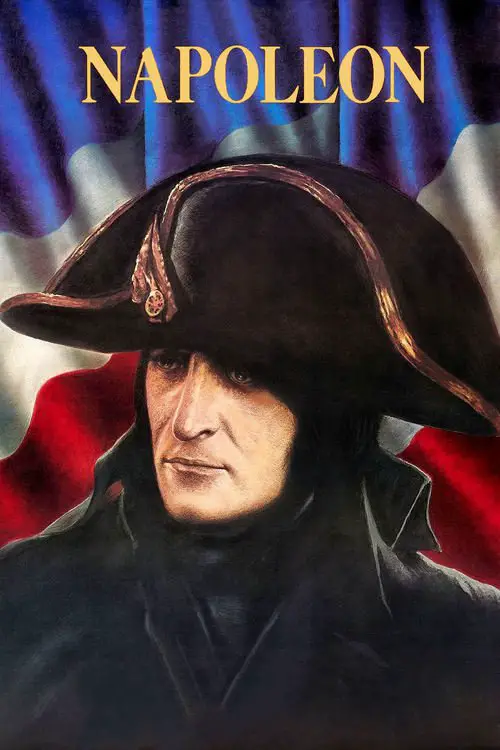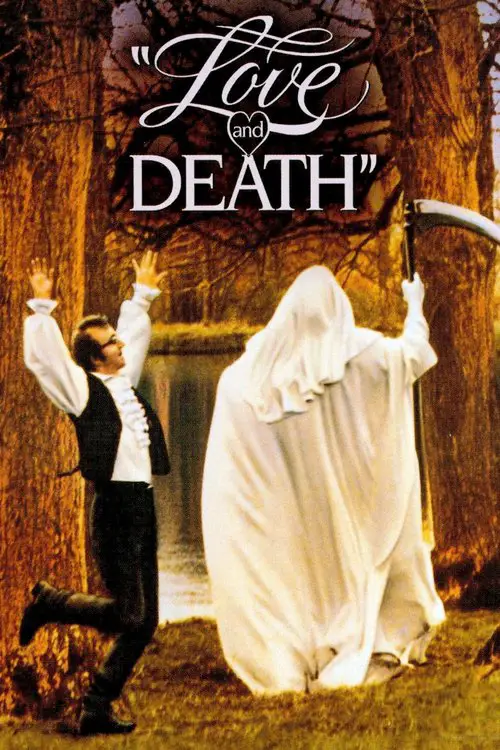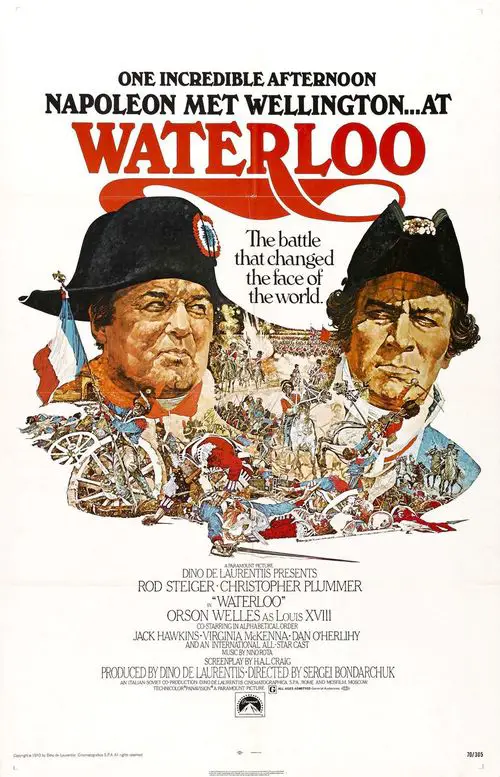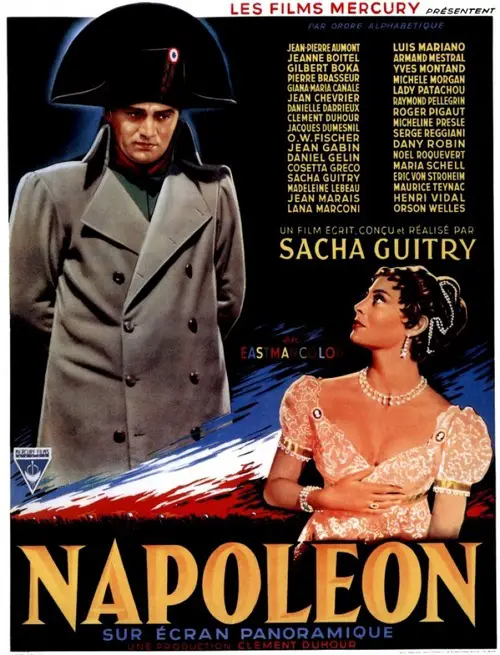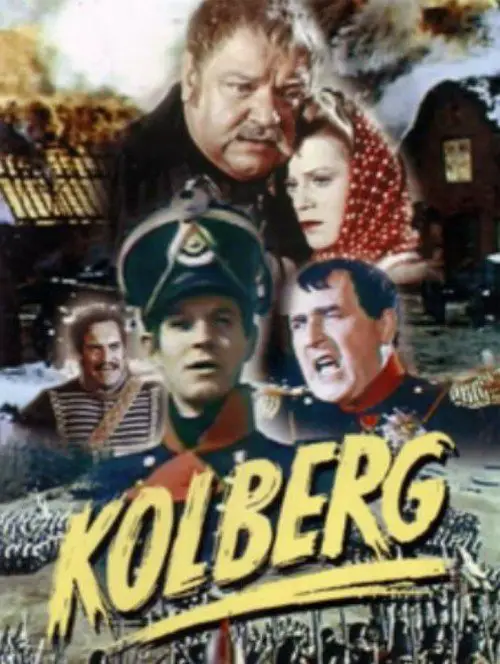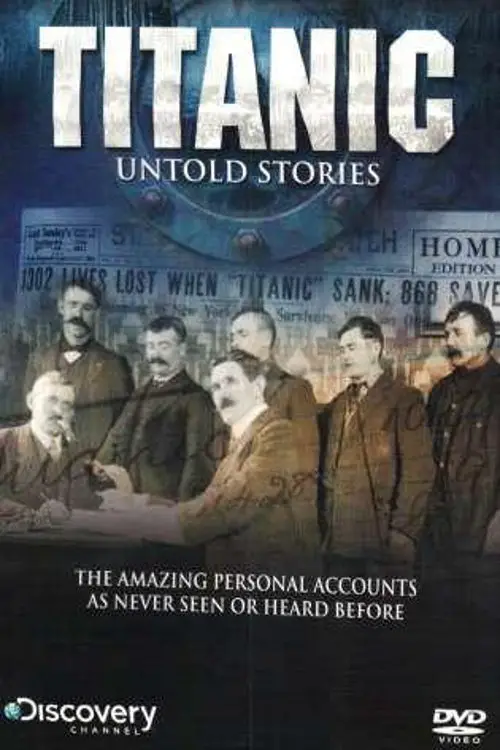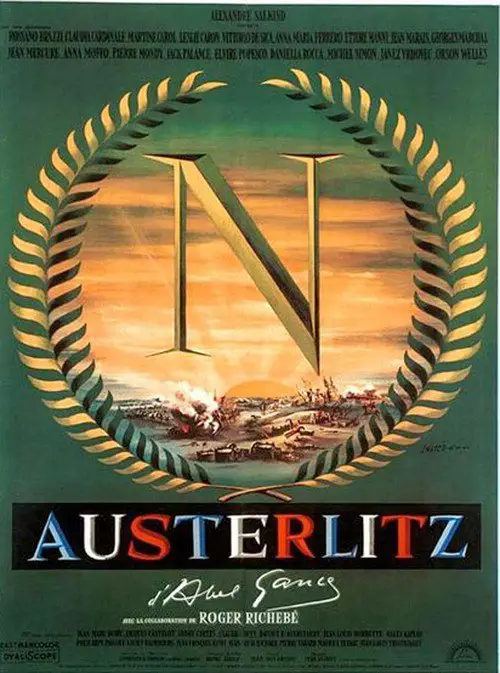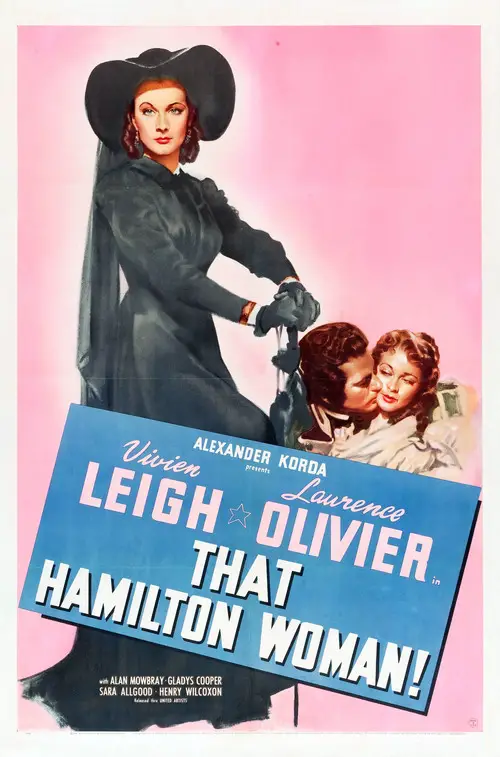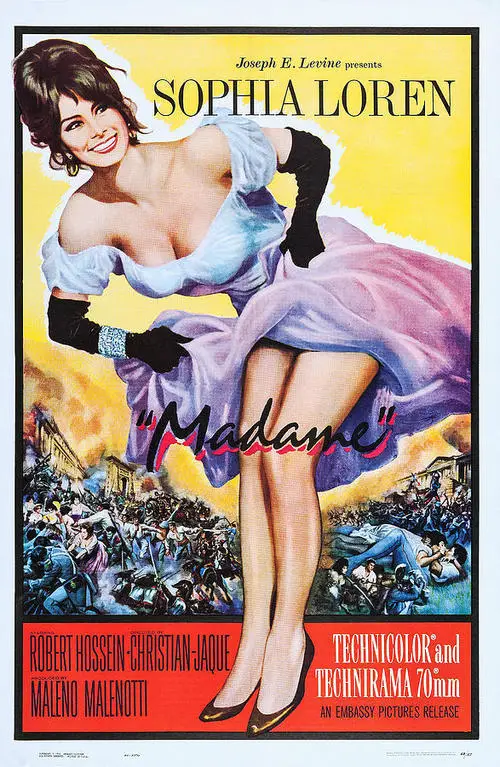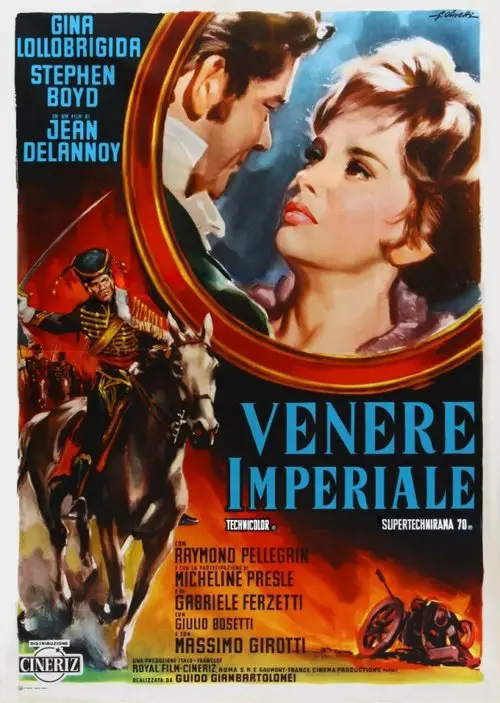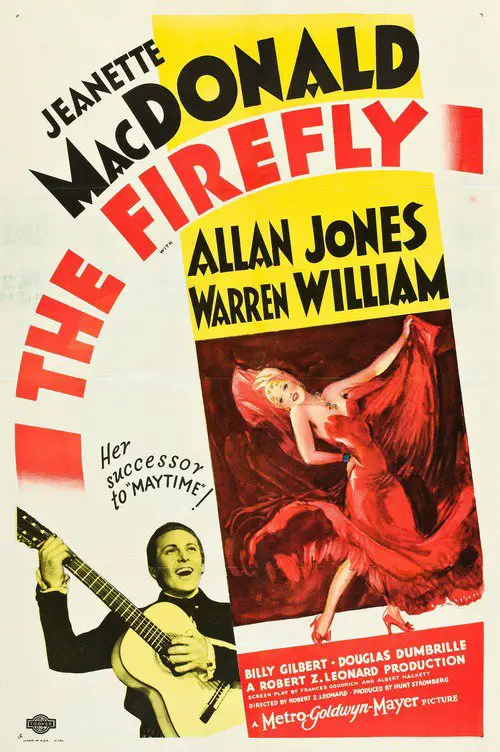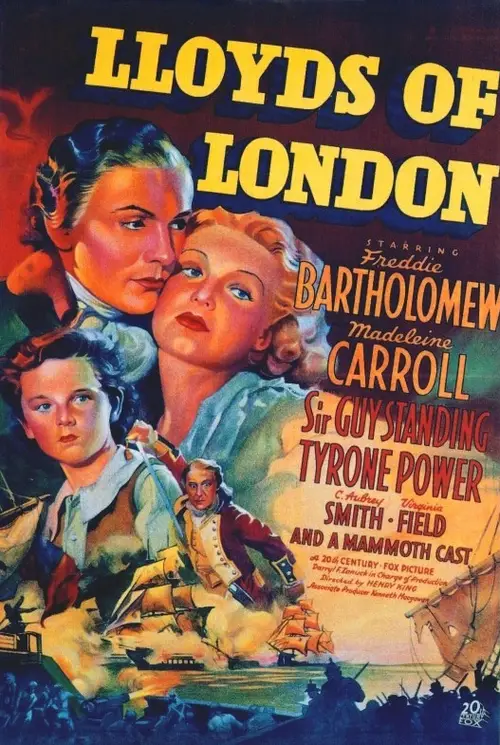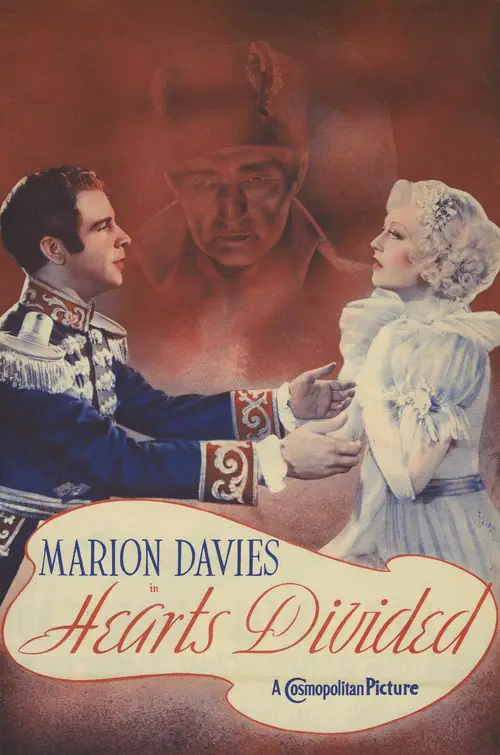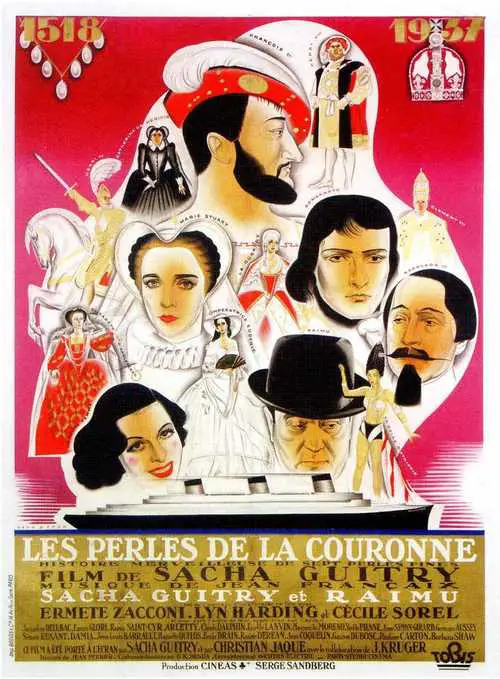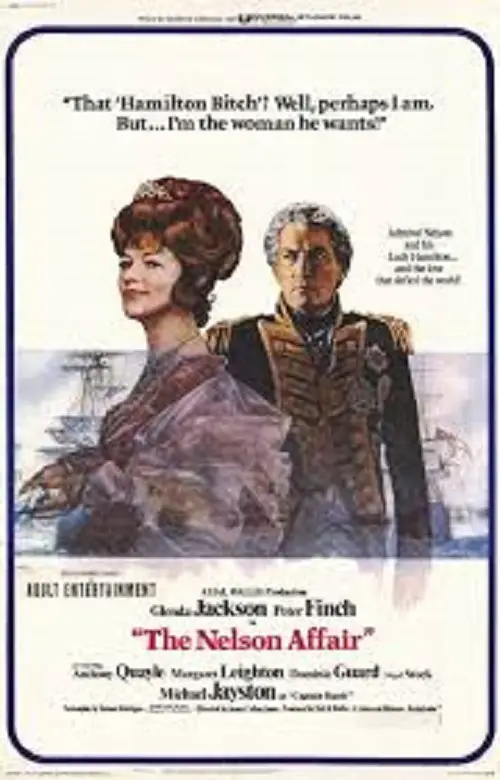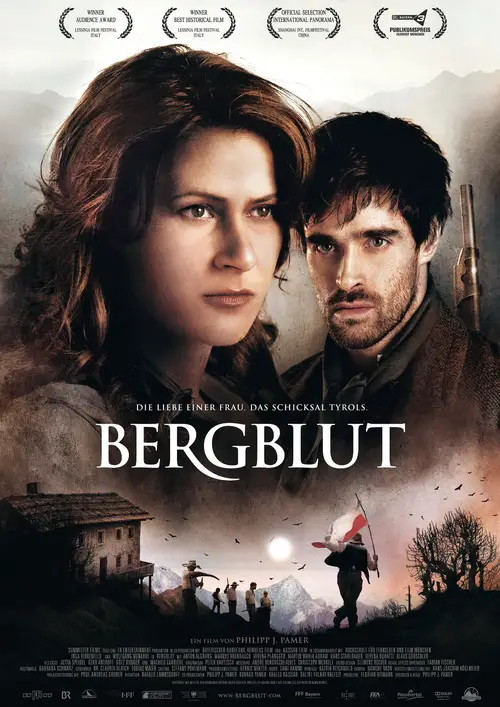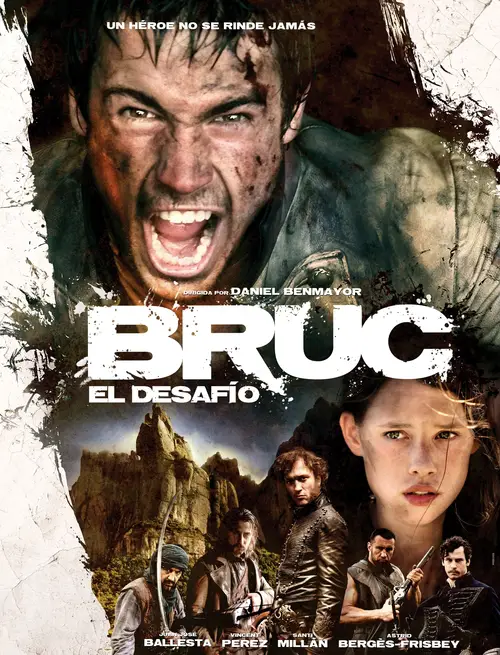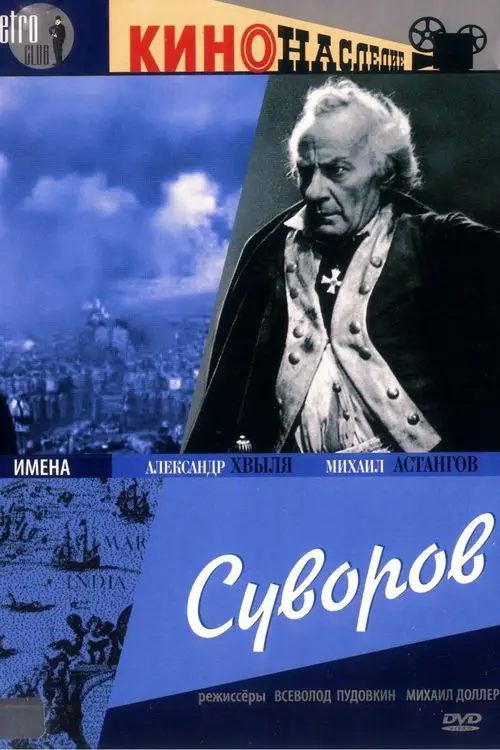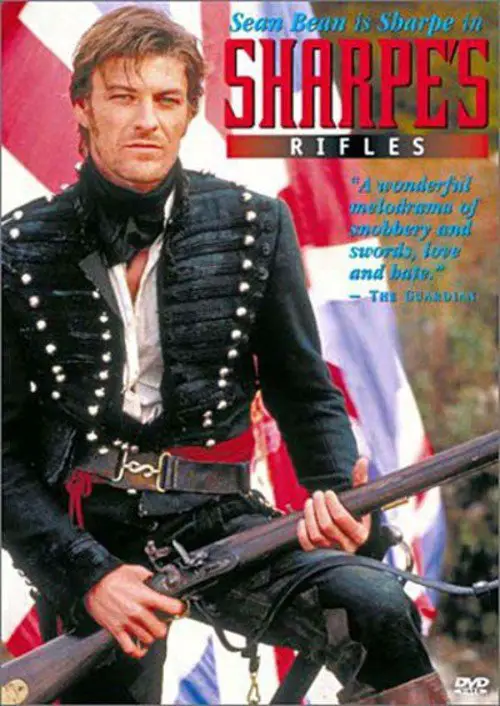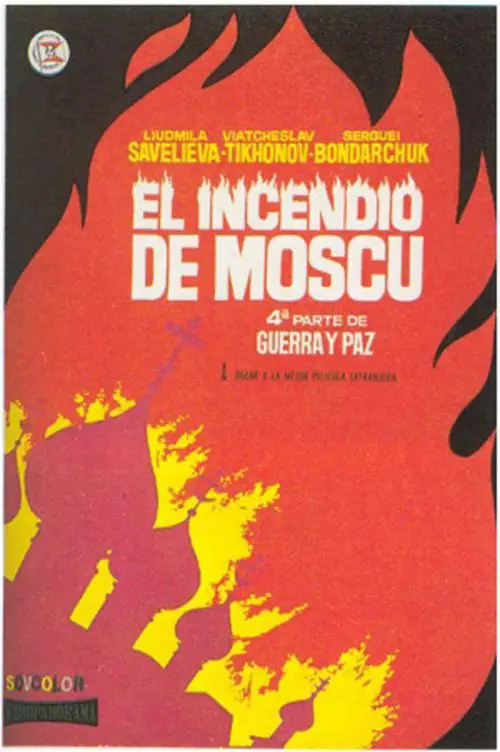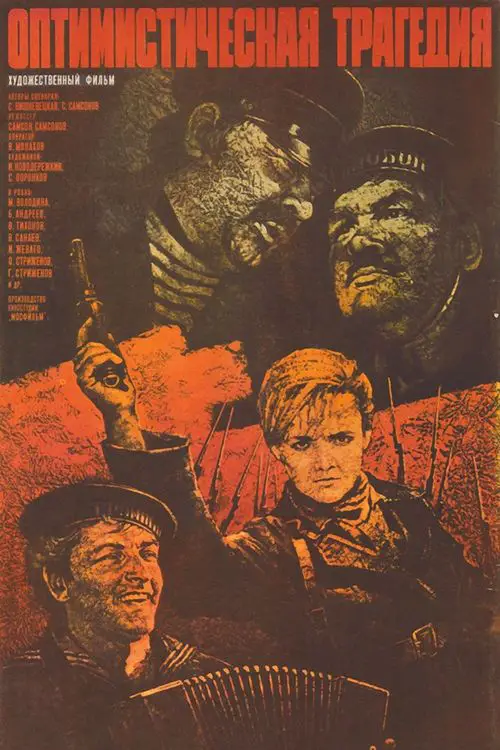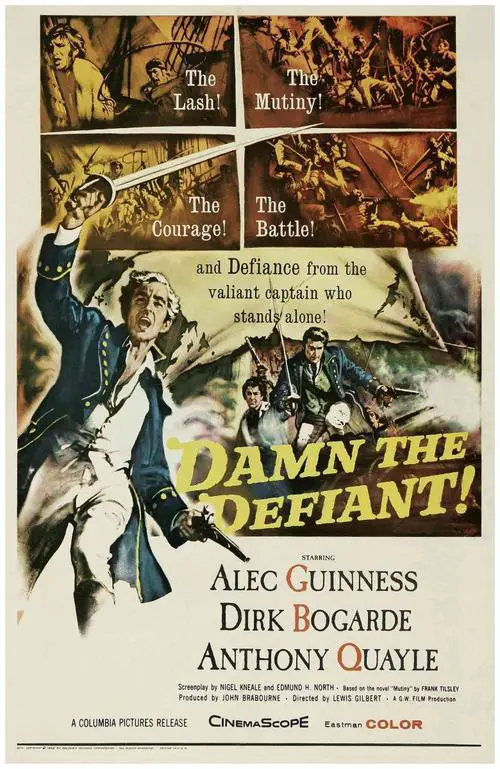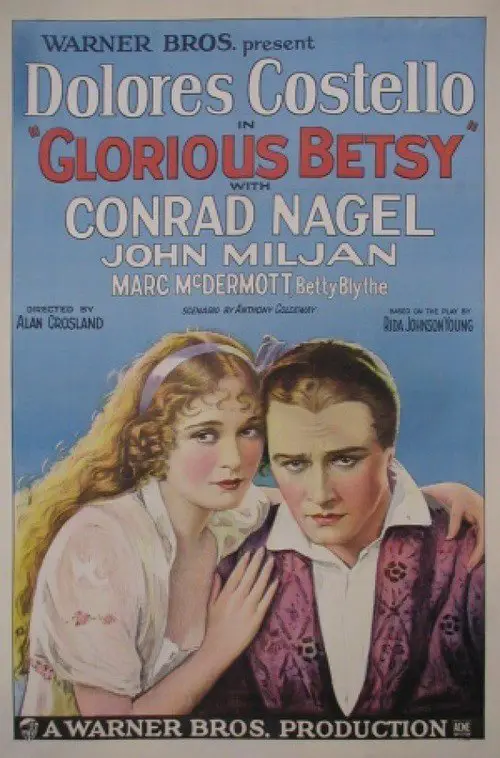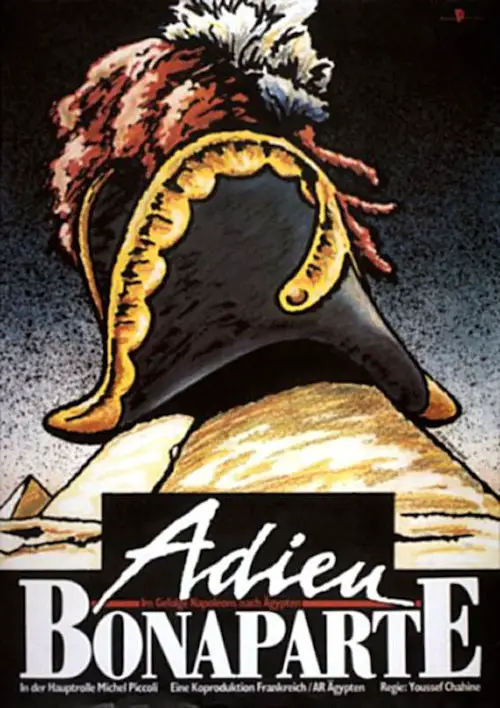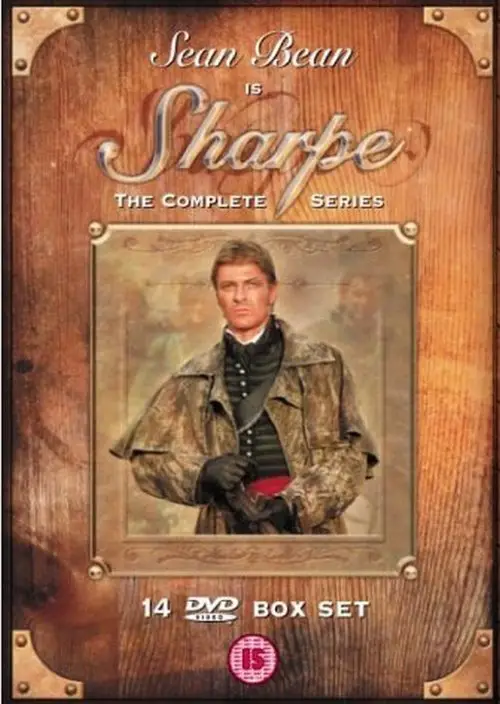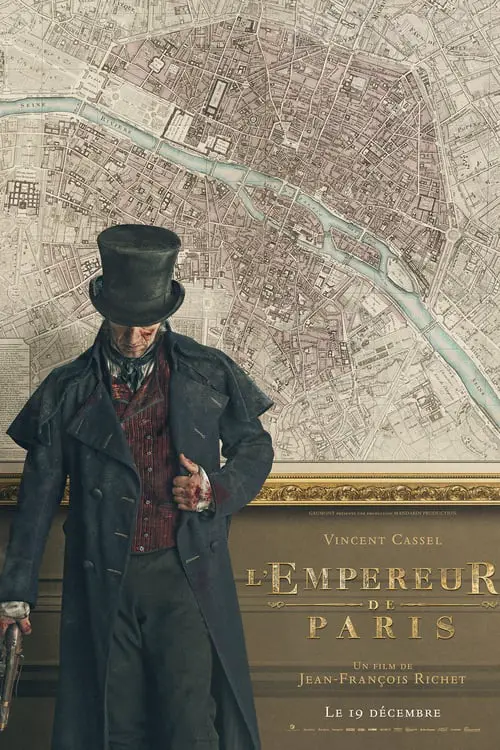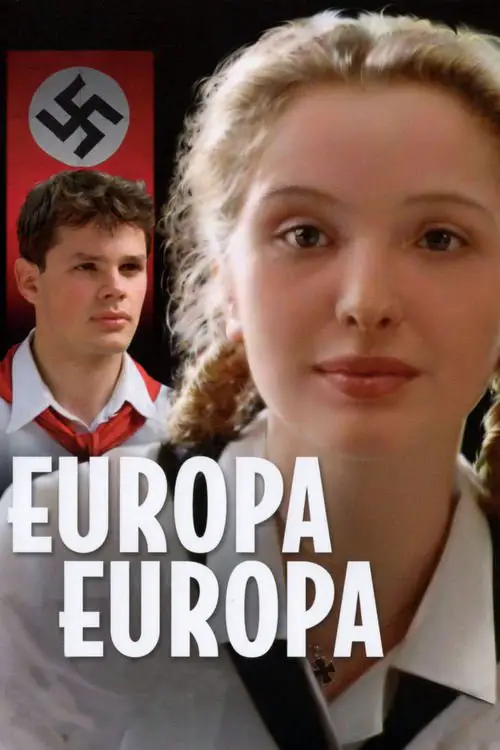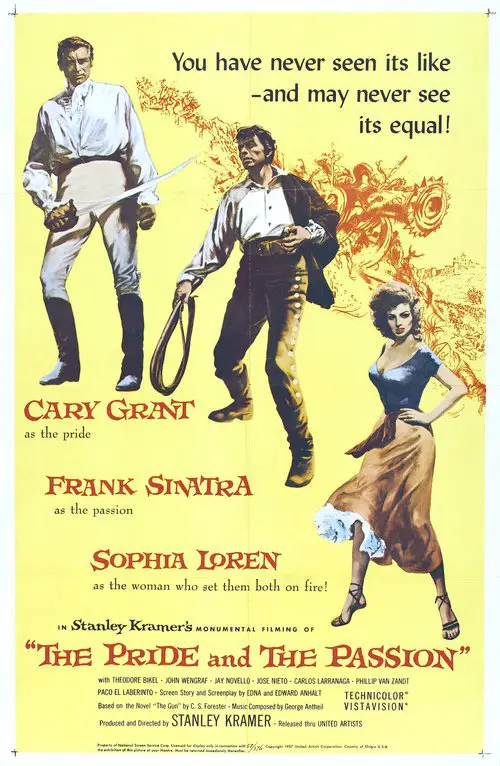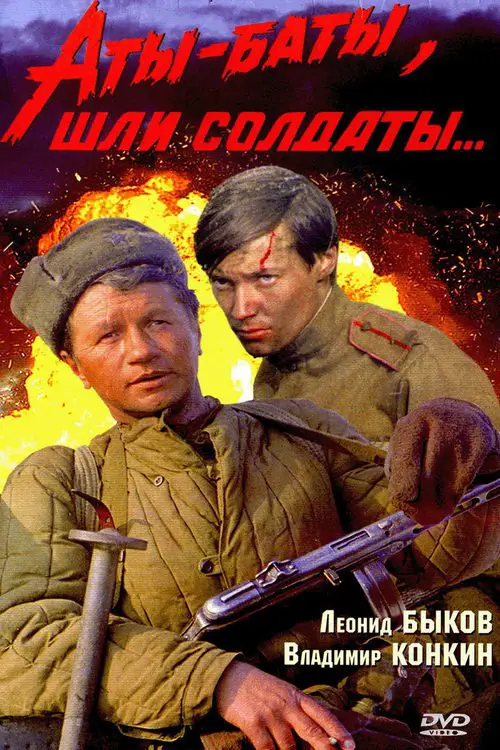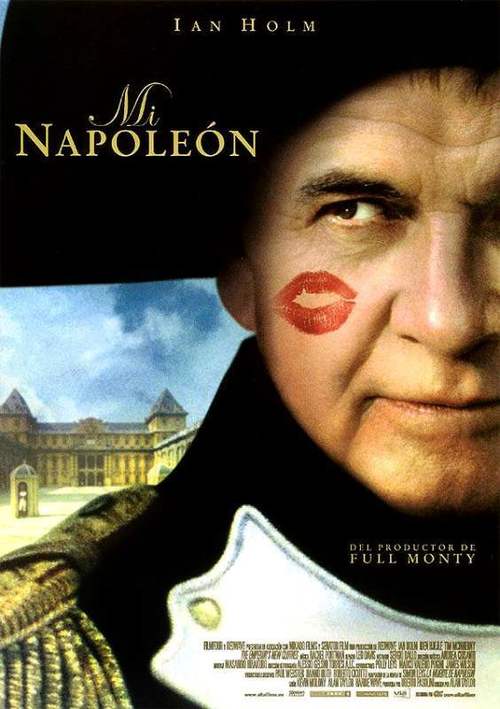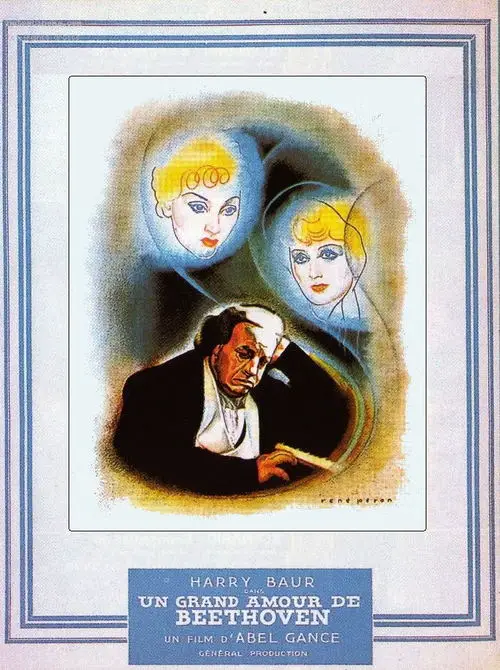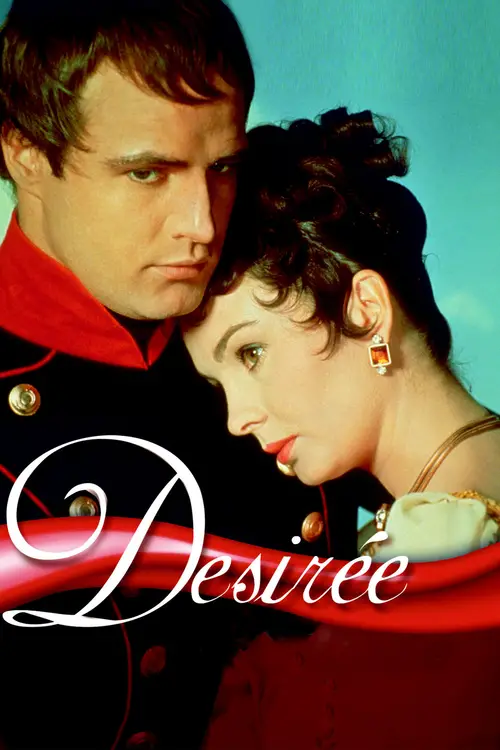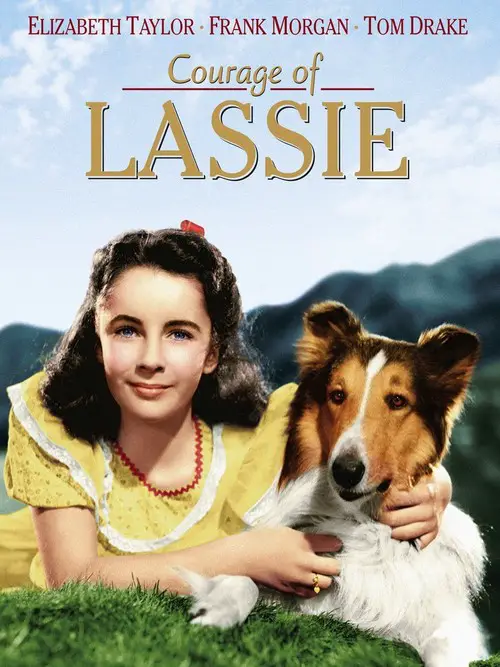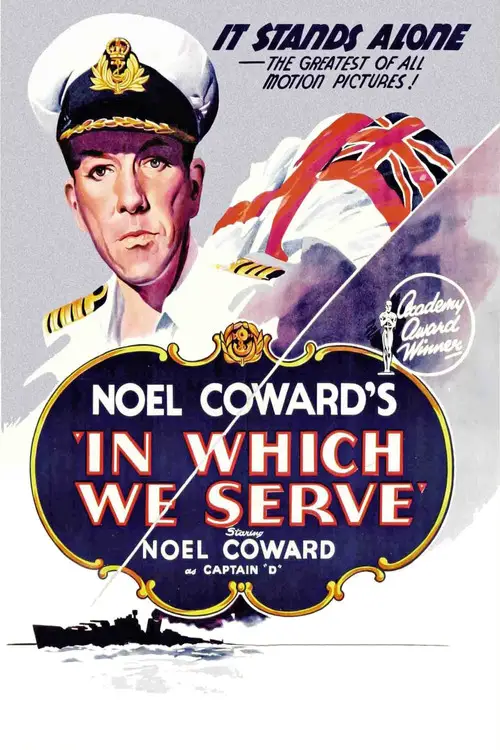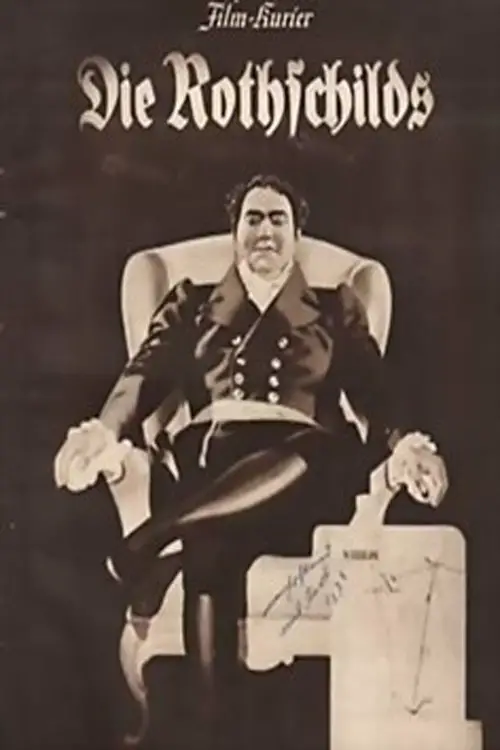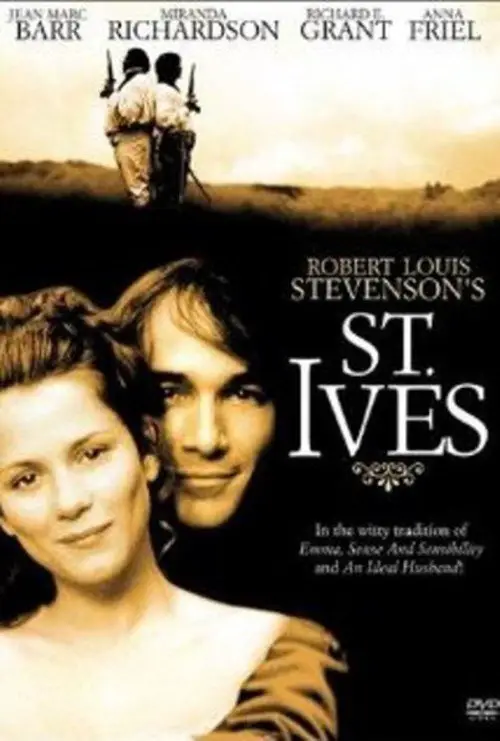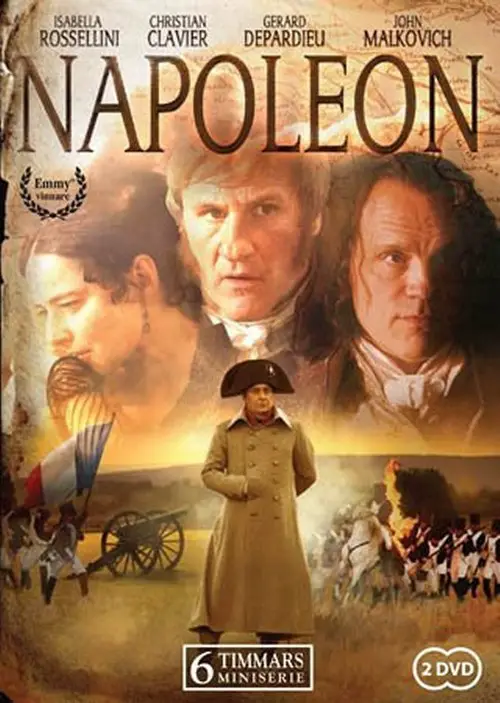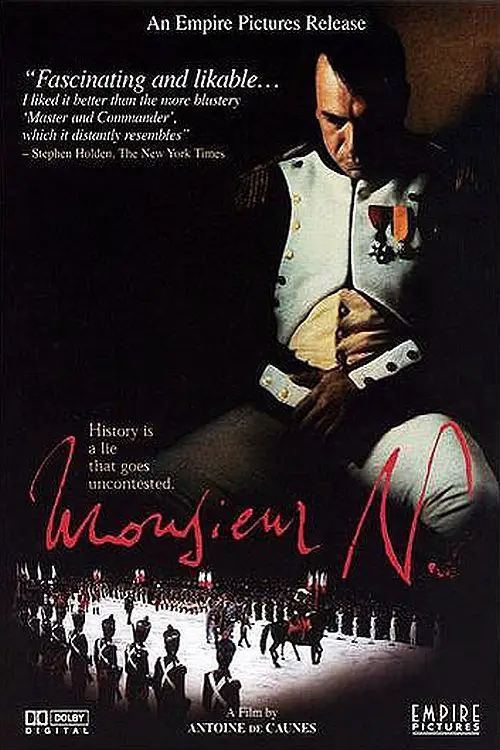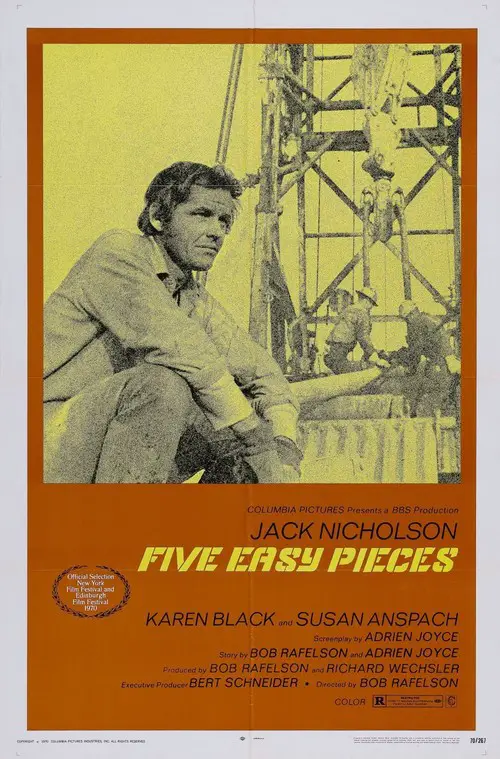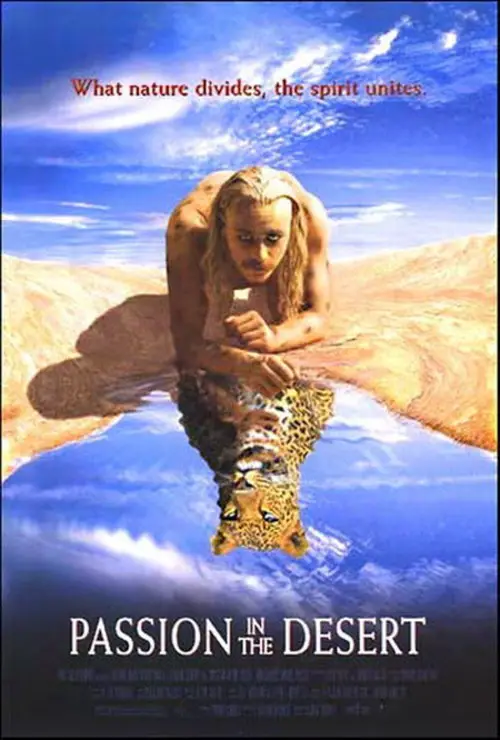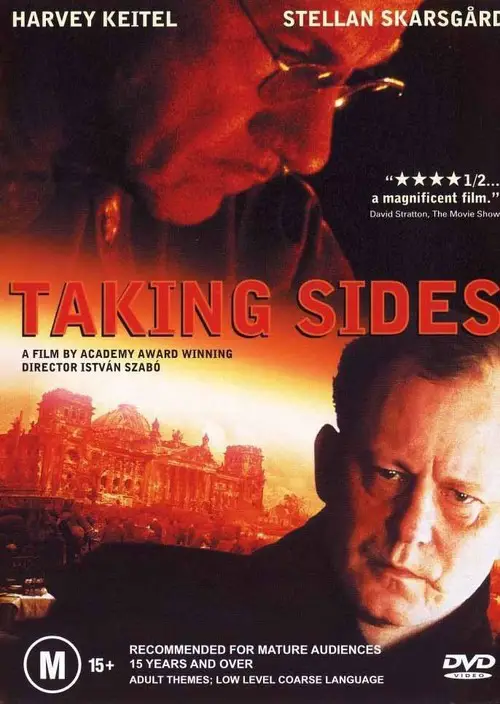Eroica (1949)

Similar movies
A massive 5 1/2 hour biopic of Napoleon, tracing his career from his schooldays (where a snowball fight is staged like a military campaign), his flight from Corsica, through the French Revolution (where a real storm is intercut with a political storm) and the Terror, culminating in his triumphant invasion of Italy in 1797 (the film stops there because it was intended to be part one of six, but director Abel Gance never raised the money to make the other five). The film's legendary reputation is due to the astonishing range of techniques that Gance uses to tell his story, culminating in the final twenty-minute triptych sequence, which alternates widescreen panoramas with complex multiple- image montages projected simultaneously on three screens.
Set in 19th-century Russia, Allen is a cowardly serf drafted into the Napoleonic war, who would rather write poetry and obsess over his beautiful but pretentious cousin. Allen's cowardice serves him well when he hides in a cannon and is shot into a tent of French soldiers, making him a national hero. A hilarious parody of Russian literature, Love and Death is a must-see for fans of Allen's films.
After defeating France and imprisoning Napoleon on Elba, ending two decades of war, Europe is shocked to find Napoleon has escaped and has caused the French Army to defect from the King back to him. The best of the British generals, the Duke of Wellington, beat Napolean's best generals in Spain and Portugal, but now must beat Napoleon himself with an Anglo Allied army.
In 1898, a band of Spanish soldiers heroically defended Baler (which was not yet the capital municipality of Aurora until 1951) against Filipino forces for 337 long and grueling days. The battle, now referred to as the Siege of Baler, is the setting of a forbidden love between a Mestizo soldier (Jericho Rosales) and a Filipina lass (Anne Curtis) who lived at the end of the 19th century.
Elba island, 1814. Martino is a young teacher, idealist and strongly anti Napoleon, in love with the beautiful and noble Baroness Emily. The young man finds himself serving as librarian to the Great Emperor in exile, whom he deeply hates, yet soon begins recording Napoleon's memoirs, getting to know and learning to value the man behind the myth. Among seductions and affairs, expectations and fears, he will craft a precise portrait that nevertheless will not manage to hide a final, inevitable, disappointment.
The film follows the life of Napoleon from his early life in Corsica to his death at Saint Helena. The film is notable for its use of location shooting for numerous scenes, especially at the French estates of Malmaison and Fontainebleau, the Palace of Versailles, and sites of Napoleonic battles including Austerlitz and Waterloo.
During Napoleon's victorious campaign in Germany, the city of Kolberg gets isolated from the retreating Prussian forces. The population of Kolberg refuses to capitulate and organizes the resistance against the French army, which immediately submits the city to massive bombardmentsKolberg" is a unique document showing a well-oiled propaganda machine collapsing in the face of its immanent demise. It achieves the opposite of its intent. The stolid face at the end of the film with the proto-Nazi flag as a backdrop is supposed to convey a sense of determined conviction but there's fear in those eyes.
The gripping personal accounts of the people and the tragedy. In never-before-seen footage, we journey with historian Charles Haas, as he descends into the depths of the North Atlantic and guides us on a tour of the RMS Titanic. While recounting tales of triumph and struggle, we see among the many sites the doors where all passengers would have entered, peer through the porthole of a first class cabin, see the davits where the too few lifeboats hung and pause by the mail room where the postal workers heroically died. This unique footage coupled with letters, old stills, artifacts and new recreations tells the amazing human stories of this famous ship as never before.
Sir William Hamilton, a widower of mature years, is British ambassador to the Court of Naples. Emma who comes for a visit with her mother wouldn't cut the grade with London society but she gets along well with the Queen of Naples. Emma likes being Lady Hamilton and life goes smoothly until Lord Nelson pays a visit. Sir William decides at first to let his young wife have her fling and pretends not to know what is going on. But the real life lovers, whose first screen romance was in "Fire Over England" (1937) have an even more burning passion for each other in this film.
Catherine Hubscher, who washes the shirts of young Napoleon and other soldiers fighting the Revolution, falls in love with Sergeant Lefebvre. Circumstances bring Lefebvre a noble title and even more -- Napoleon decides to make him the local ruler over a large territorial fiefdom. But trouble brews when Madame Sans-Gene, now elevated to the nobility along with her man -- cannot keep her frank observations under control.
Nina Maria Azara is the beautiful and alluring singing spy for Spain during the Napoleonic Wars. Her mission is to seduce French Officers, in order for them to reveal Napolean's intentions toward Spain. She is sent to Bayonne, France to gather military secrets. Prior to this, she meets, Don Diego while performing at a club. Unknown to her, Don Diego is actually Captain Andre, who is sent to Spain to spy on her. While in France, Nina discovers Diego's true identity, only after she has fallen in love with him. Nina Maria outwits her potential captors and returns to Spain, and goes into hiding. Napoleon's troops invade Spain, resulting in Nina's capture. In a strange twist of fate, Nina and Captain Andre are reunited, but, the 2 nations are now at war... Written by Kelly
Eight-hour epic based on the eponymous book by Leo Tolstoy. Two main story-lines are complex and intertwined. One is the love story of young Countess Natasha Rostova and Count Pierre Bezukhov, who is unhappy in his marriage. Another is the "Great Patriotic War" of 1812 against the invading Napoleon's Armies. The people of Russia from all classes of society stand up united against the enemy.
Jim Gordon commands a unit of the famed Flying Tigers, the American Volunteer Group which fought the Japanese in China before America's entry into World War II. Gordon must send his outnumbered band of fighter pilots out against overwhelming odds while juggling the disparate personalities and problems of his fellow flyers.
Ponner Sankar is based on historical novel written by Kalangir M. Karunanidhi. Story is about the two warriors, both are brothers named Ponner and Sankar living in Kongu Nadu (present day Coimbatore, Erode etc..). This is a historical movie and these two warriors are even worshipped today at most of the above mentioned part of Tamil Nadu.
Set in the 1800s when Napoleonâs French ruled Europe, the film follows young Austrian carpenter Franz and his Bavarian wife, Katharina as an unforeseen event forces them to flee from Augsburg, Bavaria for Franzâs family home in Tyrol, Austria. Tyrolian sentiment is rising strongly against Napoleon and trouble is stirring. In no time it sweeps up Franz and his brothers along with the whole town.
1808. The Napoleonic Army suffers its first defeat at the hands of a single man: a drummer boy who used the Montserrat mountains to echo his drums and send the enemy troops into a panicked retreat. When the news reaches Napoleon, he furiously orders the captain of the Imperial Guard to bring back the head of the young hero responsible for his army's defeat. The captain gathers together a band of his best and most deadly men and so begins the hunt to death of the soldier who was to become a legend.
Primarily a biographical documentary about the military career of Alexander Vasilvich Suvorov, who was Field Marshal of the armies of Catherine the Great and Czar Paul I. After many military successes during the reign of Catherine, General Suvorov broke with her successor, Paul I, the Mad Emperor, over questions regarding army policy. He went into retirement and wrote "The Science of Victory," containing maxims such as "Swiftness of movement accompanies victory," and "the real general is he who defeats the enemy before reaching him." The czar recalled Suvorov to become the leader of the joint armies of Russia and Austria against Napoleon.
During the Peninsular War in Spain against the French, Sergeant Richard Sharpe saves the life of Arthur Wellesley, the future Duke of Wellington and is promoted to Lieutenant. In order to pay the troops Wellesley needs a money draft from the banker Rothschild, but fears he has been captured by the French and sends Sharpe behind enemy lines to find him. Sharpe is given command of a platoon of crack riflemen, led by the surly Irishman Harper and including Hagman and Harris, who resent Sharpe as not being a 'proper officer'.
As Moscow is set ablaze by the retreating Russians, the Rostovs flee their estate, taking wounded soldiers with them, and unbeknownst to them, also Andrei. Pierre, dressed as a peasant, tries to assassinate Napoleon but is taken prisoner. As the French are forced to retreat, he is marched for months with the Grande Armée, until being freed by a raiding party. The French are defeated by Kutuzov in the Battle of Krasnoi. Andrei is recognized and is brought to his estate. He forgives Natasha on his deathbed. She reunites with Pierre and they marry as Moscow is being rebuilt.
As the communist revolt progresses in Russia, a female commissar is dispatched to some anarchist sailors to get them on board the party bandwagon. Her arrival is met with skepticism and an attack by an aspiring rapist. She shoots the man in self defense and begins to form the sailors into a cohesive fighting unit. Joining the unit for a mission, the sailors are all murdered before they can convert to communism. The fallen angel is held up as a symbolic heroine to the people's cause in this decidedly propaganda-drenched film. The film took a specially created prize at the 1963 Cannes Film Festival, somewhat to the consternation of critics who failed to observe its merits.
Vitaphone production reels #2471-2478; third Warner Bros. feature film - the first being The Jazz Singer and the second Tenderloin - to include talking sequences, along with the by now usual Vitaphone musical score and sound effects. A copy of this film survives at the Library of Congress in Washington, D.C., but the sound disks are lost.
This big-budget historical epic from acclaimed Egyptian director Youssef Chahine features a crazed turn by Patrice Chereau as Napoleon Bonaparte. The film, an Egyptian-French co-production, deals with Napoleon's occupation of Alexandria and its effect on a typical Egyptian family. Michel Piccoli leads the cast as a general in Napoleon's army who tentatively befriends a local poet.
War and Peace delineates in graphic detail events leading up to the French invasion of Russia, and the impact of the Napoleonic era on Tsarist society, as seen through the eyes of five Russian aristocratic families. Portions of an earlier version of the novel, then known as The Year 1805,were serialized in the magazine The Russian Messenger between 1865 and 1867.
A fencing master in pre-revolution Spain is hired to teach fencing to a beautiful young woman. Although he has never taught a woman before he is fascinated by her and agrees. She wishes to learn a particular thrust which he is famous for. When a local nobleman becomes involved with her the intrigue begins.
During the Napoleonic Wars, when the French have occupied Spain, some Spanish guerrilla soldiers are going to move a big cannon across Spain in order to help the British defeat the French. A British officer is there to accompany the Spanish and along the way, he falls in love with the leader's girl.
In 1800, as Napoleon Bonaparte rises to power in France, a rivalry erupts between Armand and Gabriel, two lieutenants in the French Army, over a perceived insult. For over a decade, they engage in a series of duels amidst larger conflicts, including the failed French invasion of Russia in 1812, and shifts in the political and social systems of Europe.
Napoleon, exiled, devises a plan to retake the throne. He'll swap places with commoner Eugene Lenormand, sneak into Paris, then Lenormand will reveal himself and Napoleon will regain his throne. Things don't go at all well; first, the journey proves more difficult than expected, but more disastrously, Lenormand enjoys himself too much to reveal the deception. Napoleon adjusts somewhat uneasily to the life of a commoner while waiting, while Lenormand gorges on rich food.
Steven Kenet, suffering from a recurring brain injury, appears to have strangled his wife. Having confessed, he's committed to an understaffed county asylum full of pathetic inmates. There, Dr. Ann Lorrison is initially skeptical about Kenet's story and reluctance to undergo treatment. But against her better judgement, she begins to doubt his guilt.
In Marseilles, France in 1794, Desiree Clary, a young millinery clerk, becomes infatuated with Napoleon Bonaparte, but winds up wedding Genaral Jean-Baptiste Berandotte, an aid to Napoleon who later joins the forces that bring about the Emperor's downfall. Josephine Beauharnais, a worldly courtesan marries Napoleon and becomes Empress of France, but is then cast aside by her spouse when she proves unable to produce an heir to the throne.
Bill's separated from his litter, making friends with the wild creatures until he's found and adopted by young Kathie. An accident separates him from her, and he's drafted into K-9 duty in the trenches until battle fatigue takes its toll and he turns vicious. And even though he finds his way back home, he may be condemned as a killer.
This is the story of a British Naval ship, the HMS Torrin, from it's construction to its sinking in the Mediterranean during action in World War II. The ships first and only commanding officer is the experienced Captain E.V. Kinross who trains his men not only to be loyal to him but to the country and most importantly, to themselves. They face challenges at sea and also at home. They lose some of theirs shipmates in action and some of their loved ones in the devastation that is the blitz. Throughout it all, the men of the Torrin serve valiantly and heroically.
Filmed in the coal country of West Virginia, "Matewan" celebrates labor organizing in the context of a 1920s work stoppage. Union organizer, Joe Kenehan, a scab named "Few Clothes" Johnson and a sympathetic mayor and police chief heroically fight the power represented by a coal company and Matewan's vested interests so that justice and workers' rights need not take a back seat to squalid working conditions, exploitation and the bottom line.
It looks like young Keith Gridley will have a lonely summer, until he meets a talking mouse named Ralph. Ralph takes an immediate liking to Keith's toy motorcycle and can ride it just by making a motor noise. Ralph even acts heroically when Keith comes down with a nasty fever, while dodging cats, owls and a guest's noisy dog.
In 1813, Capitaine Jacques St. Ives, a Hussar in the Napoleonic wars, is captured and sent to a Scottish prison camp. He's a swashbuckler, so the prison's commander, Major Farquar Bolingbroke Chevening, asks for lessons in communicating with women. Both men have their eyes on the lovely Flora, who resides with her aunt, the iconoclastic and well-traveled Miss Susan Emily Gilcrist. By chance, living close to the camp is Jacques's grandfather and brother, whom Jacques believes died years before. Jacques decides to escape, find his relatives, and win the hand of Flora; Major Chevening and an unforeseen enemy stand in his way. Can Miss Gilcrist contrive to make everything work out?
Driven by his struggle against the illness that would ultimately prove fatal, Monteiro fervently devoted himself to his deeply personal last work, a musically structured meditation on spirituality and desire in which he heroically cast himself in the lead role as an eccentric libertine drifting wide-eyed through a sun-drenched Lisbon. A consciously terminal film, Come and Go offers a poetic summation of Monteiroâs fascination with the body as the most irreverent and mysterious of temples, staging a series of playfully austere encounters between the visibly infirm and prematurely aged director and the women with whom he engages in erotic, linguistic and theological debates.
While struggling to meet the strict airline baggage requirements, a woman meets a man who heroically comes to her aid. Both are in despair out of love, which urges them to form a charming friendship which would take them out of the crowded airport and into the secluded city of Sagada where they would attempt to mend each other's hearts and find the answer to the question, "Where do broken hearts go?"
Young French officer Augustin Robert escorts artist Jean-Michel Venture de Paradis to Egypt during Napoleon's Egyptian campaign. Napoleon sent de Paradis to record Egypt's great monuments and temples that are destroyed by French soldiers in acts of barbarism. During combat, Augustin and Jean-Michel are separated from their regiment, and they start wandering through the desert fighting for their life. In one of the canyons Augustin meets a leopard he names Simoom and a strange bond between them appears.
A tale based on the life of Wilhelm Furtwangler, the controversial conductor of the Berlin Philharmonic whose tenure coincided with the controversial Nazi era. One of the most spectacular and renowned conductors of the 30s, Furtwangler's reputation rivaled that of Toscanini's. After the war, he was investigated as part of the Allies' de-Nazification programme. In the bombed-out Berlin of the immediate post-war period, the Allies slowly bring law and order--and justice--to bear on an occupied Germany. An American major is given the Furtwangler file, and is told to find everything he can and to prosecute the man ruthlessly. Tough and hard-nosed, Major Steve Arnold sets out to investigate a world of which he knows nothing. Orchestra members vouch for Furtwangler's morality--he did what he could to protect Jewish players from his orchestra. To the Germans, deeply respectful of their musical heritage, Furtwangler was a demigod; to Major Arnold, he is just a lying, weak-willed Nazi.
© Valossa 2015–2026
| Privacy Policy
